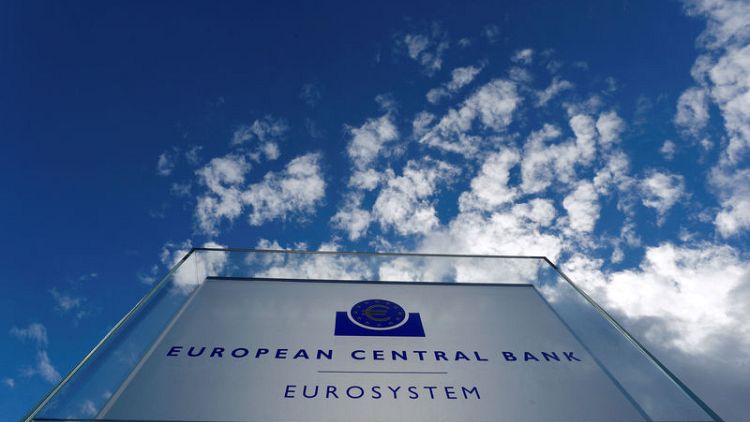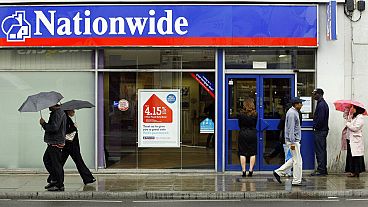BRUSSELS (Reuters) - A European Central Bank board member has said Europe must overcome its reliance on international payment providers - but that it is not the central bank's job to come to the rescue and crowd out private sector initiatives.
More than two-thirds of non-cash payments are made with overseas cards as most competing European providers tend to be focused domestically or regionally, Benoit Coeure told a conference on Tuesday. He said this put the euro zone at a competitive disadvantage.
"Europe is at risk of losing its economic edge," Coeure said. "Country-specific solutions lack the necessary size and scale, and national fragmentation has paralysed competition and stifled innovation on the pan-European level."
The sector is dominated by U.S. providers such as Visa Inc <V.N> and MasterCard Inc <MA.N>. Amazon.com Inc <AMZN.O>. and Apple Inc. <AAPL.O> have also taken market share with their respective payment schemes, as has the online provider PayPal Holdings Inc. <PYPL.O> - all also based in the U.S.
The ECB is now studying the option of introducing a digital currency, but this would have broader consequences for the banks. Coeure warned against the central bank crowding out private-sector players.
The ECB recently introduced an instant payment system called TIPS for transactions between banks, but lenders have been slow to join and the scheme has not had a significant impact so far.
Speaking at the same event, European Commission Vice President Valdis Dombrovskis said his aim was to roll out a pan-European instant payment to all parts of the bloc by the end of 2021.
"By that time, everyone in the EU, people and companies, should be able to carry out domestic and cross border instant payment transactions in all payment situations," he said. "EU banks must become fully available for providing and receiving instant payments across the EU."
Relying on non-European payment providers is problematic, Coeure added, because the bloc lacks authority over them and has limited oversight powers.
New digital currency initiatives that seek to fill this void, such as "stablecoins", may also be problematic because they are untested and create legal uncertainty.
(Reporting by Francesco Guarascio; Writing by Balazs Koranyi; Editing by Kevin Liffey)



